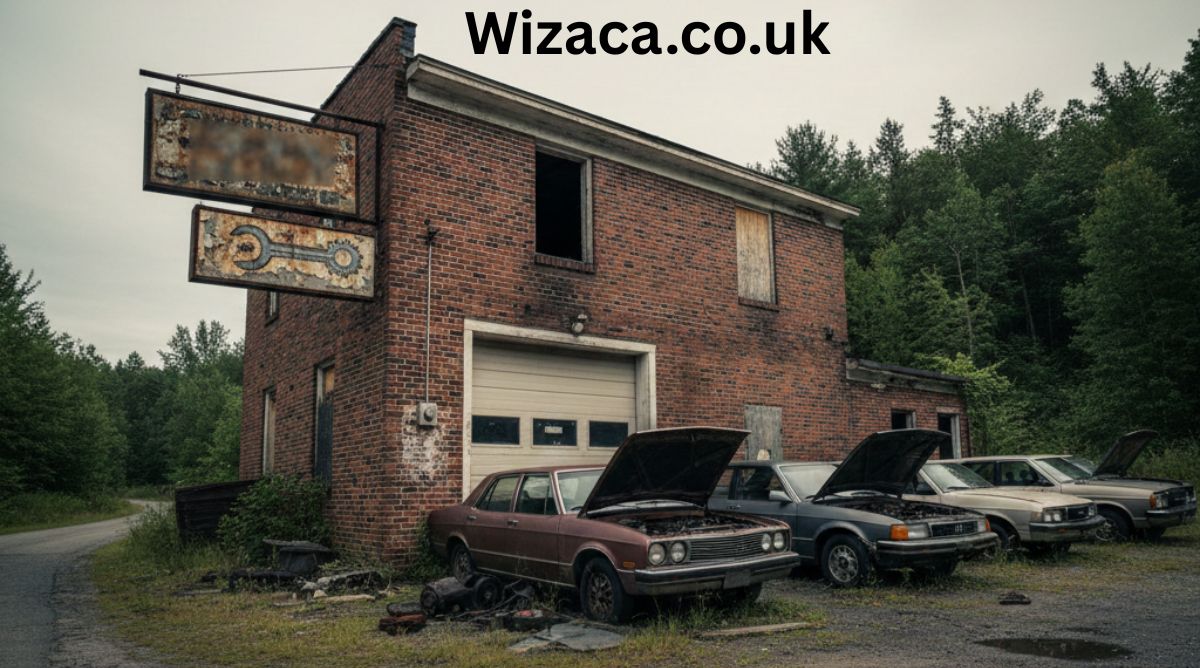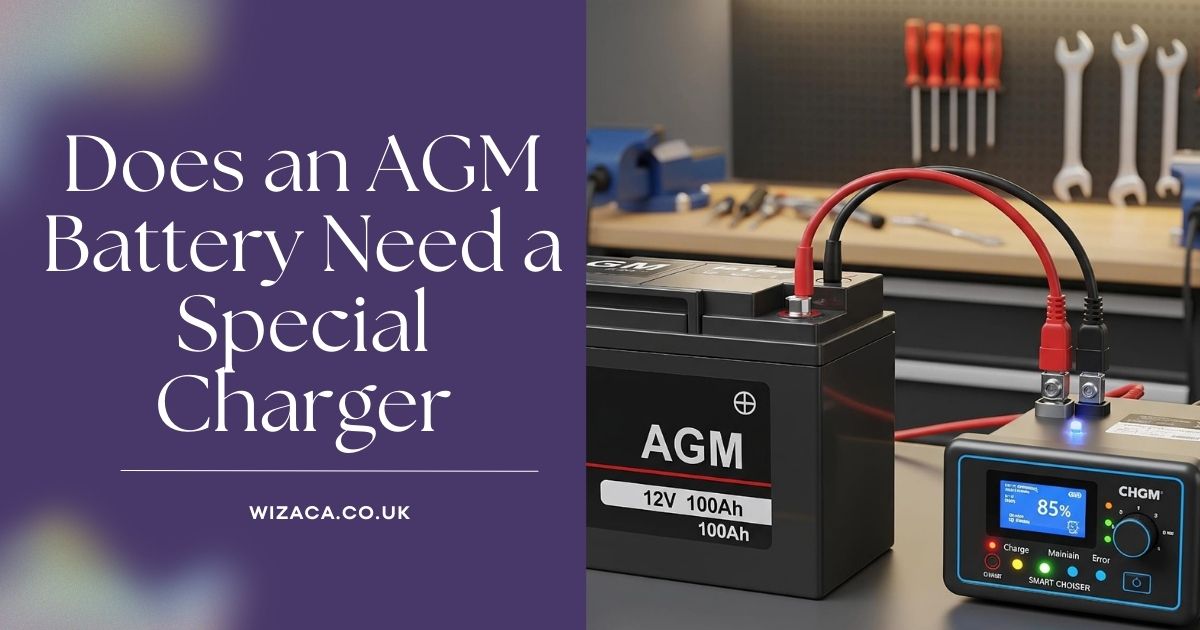Yes, an AC compressor can make noise, but the type and cause of the noise can indicate whether there’s a problem with the compressor or if it’s functioning normally. The compressor is one of the most critical components in your vehicle’s air conditioning system, and while it’s running, it typically produces some sound. However, unusual noises could signal issues like wear, damage, or low refrigerant levels.
Let’s take a closer look at the common noises an AC compressor can make, what they mean, and when you should be concerned.
Common Noises From an AC Compressor
1. Rattling or Clanking Noises
- Cause: This could indicate loose internal components or a worn-out compressor clutch.
- What It Means: If you hear a rattling or clanking sound, it could be a sign that parts inside the compressor are coming loose or the compressor is nearing the end of its life. It may also indicate damage to the bearings or clutch assembly.
- Solution: If the compressor is rattling or making loud noises, it may need to be replaced.
2. Squealing or High-Pitched Whining
- Cause: This is often related to the compressor belt or serpentine belt. It could also indicate a problem with the compressor clutch or a lack of lubrication.
- What It Means: A squealing sound often comes from the friction between the belt and pulleys or from a slipping belt. If the compressor is low on oil or refrigerant, it can create extra resistance and produce high-pitched noises.
- Solution: Check the belt tension and replace the belt if it’s worn or slipping. If the noise persists, the compressor might be low on refrigerant or require lubrication.
3. Clicking or Popping Sounds
- Cause: This can be caused by debris inside the compressor or a failing compressor clutch.
- What It Means: If debris has gotten into the system, it can cause the compressor to malfunction, making clicking or popping noises.
- Solution: This could require cleaning of the system or even replacing the compressor if the debris has caused internal damage.
4. Grinding Noises
- Cause: A grinding sound could be the result of worn-out bearings in the compressor or a damaged clutch.
- What It Means: Grinding is often a sign of serious internal damage, and it’s important to get the AC system checked immediately. A damaged bearing could result in complete compressor failure.
- Solution: If you hear a grinding sound, it’s likely time for a compressor replacement.
5. Bubbling or Gurgling
- Cause: This noise could indicate low refrigerant levels or a clogged expansion valve.
- What It Means: Low refrigerant means the compressor is having to work harder, which can cause unusual sounds, such as a bubbling or gurgling sound as the refrigerant moves through the system.
- Solution: If refrigerant is low, you may need to recharge your AC system or fix any refrigerant leaks.
When Should You Be Concerned About AC Compressor Noise?
- Constant Noise: If your AC compressor is making noise continuously, especially if it’s grinding, rattling, or squealing, it could indicate that the compressor is failing and needs to be repaired or replaced.
- Lack of Cooling: If you notice that the noise is accompanied by poor cooling performance, this could indicate a serious issue with the compressor or the overall air conditioning system.
- Sudden Change in Sound: If your AC compressor was operating quietly but has suddenly started making noise, this could indicate a developing issue, such as low refrigerant or failing internal components.
Can a Noisy AC Compressor Be Fixed?
- Minor Issues: Sometimes, a noisy AC compressor can be fixed by addressing small problems like a loose belt, lack of lubrication, or low refrigerant.
- Major Issues: If the noise is coming from worn-out internal components like the clutch, bearings, or pistons, it might be necessary to replace the entire compressor.
Conclusion
An AC compressor can make noise, and while some sounds are normal, others can indicate problems that need attention. Squealing, rattling, grinding, and clicking noises are usually signs of an issue with the compressor or its associated parts, such as the belt or clutch. If your compressor is making unusual noises and your vehicle’s AC isn’t working properly, it’s best to have the system inspected and repaired to avoid further damage.
FAQs
Why is my AC compressor making a high-pitched sound?
A high-pitched sound can be caused by a slipping belt, low refrigerant, or a faulty compressor clutch.
Can I fix a noisy AC compressor myself?
You can inspect the belt tension, check refrigerant levels, or replace the belt, but serious issues with the compressor itself usually require professional repair or replacement.
How long does an AC compressor last?
A typical AC compressor lasts 8 to 12 years, depending on use and maintenance. If it starts making unusual noises, it may be nearing the end of its life.
Can low refrigerant cause the compressor to make noise?
Yes, low refrigerant can cause the compressor to work harder, leading to grinding or bubbling noises as the system struggles to operate.
How much does it cost to replace an AC compressor?
Replacing an AC compressor can range from $500 to $1,500, depending on your vehicle and location, with labor costs often being the largest portion of the price.
Also Check:
• Does a New AC Compressor Come With Oil
• Does AC Burn More Gas Than Windows Down
• Does Air Conditioning Use Gas?










